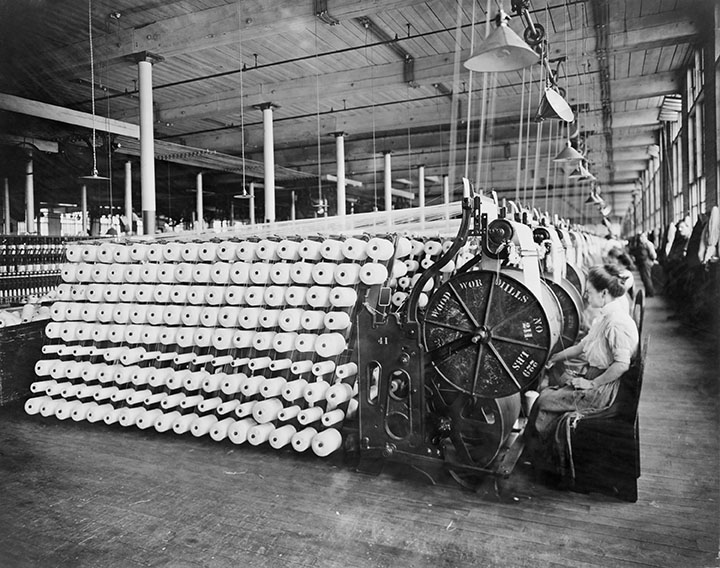

The Industrial Revolution was a period of great change in the way people lived and worked. It began in Great Britain in the late 1700s and spread to other parts of the world in the 1800s.
The Industrial Revolution was caused by a number of factors, including the invention of new machines, the discovery of new sources of energy, and the growth of the population.
The Industrial Revolution led to a number of changes, including the growth of cities, the rise of a new middle class, and the decline of the agricultural sector.
The Industrial Revolution also had a number of environmental impacts, such as pollution and deforestation.
The Industrial Revolution was a time of great change and upheaval, but it also led to many advances that have improved our lives.
The industrial revolution was caused by a number of factors, including the invention of new technologies and the rise of capitalism.

The word "industrial revolution" has only one form. It is a noun that refers to a period of rapid economic and social change that began in Great Britain in the late 18th century and spread to other parts of the world in the 19th century.
The word "industrial revolution" is a compound word that is made up of the following parts:
Industrial: This word comes from the Latin word "industria", which means "diligence" or "industry".
Revolution: This word comes from the Latin word "revolutio", which means "a turning around".
So, the word "industrial revolution" literally means "a turning around of industry". This is a very accurate description of the meaning of the word, as the industrial revolution was a period of great change in the way people produced goods and services.
What was the industrial revolution?
Question:
Discuss the impact of the Industrial Revolution on society and the environment, highlighting key technological advancements that led to increased industrialization, and explain how these changes transformed manufacturing processes, urbanization, and the relationship between humans and nature.
Answer:
The Industrial Revolution, a pivotal period in history, brought about profound changes to society and the environment. It was marked by significant technological advancements that revolutionised manufacturing and production processes.
One key advancement was the invention of the steam engine, which powered machinery and allowed for the establishment of large factories. This shift from manual labour to mechanised production accelerated industrialisation, leading to the growth of urban areas and the rise of factory-based economies.
Urbanisation was a prominent outcome of the Industrial Revolution. As people flocked to cities in search of work, urban areas expanded rapidly, often resulting in overcrowding, poor living conditions, and social challenges.
Furthermore, the Industrial Revolution altered humanity's relationship with the environment. The increased use of coal and other fossil fuels for energy production led to air and water pollution, impacting both human health and ecosystems. Rapid deforestation and pollution also disrupted natural habitats and contributed to environmental degradation.
In summary, the Industrial Revolution ushered in a new era of technological innovation and economic growth, but it also brought about significant social and environmental consequences. The widespread adoption of machinery and urbanisation transformed societies and landscapes, shaping the course of human development and setting the stage for ongoing discussions about sustainable industrial practices and their impact on the planet.
Address
Developing Experts Limited
Exchange Street Buildings
35-37 Exchange Street
Norwich
NR2 1DP
UK
Phone
01603 273515
Email
hello@developingexperts.com
Copyright 2025 Developing Experts, All rights reserved.